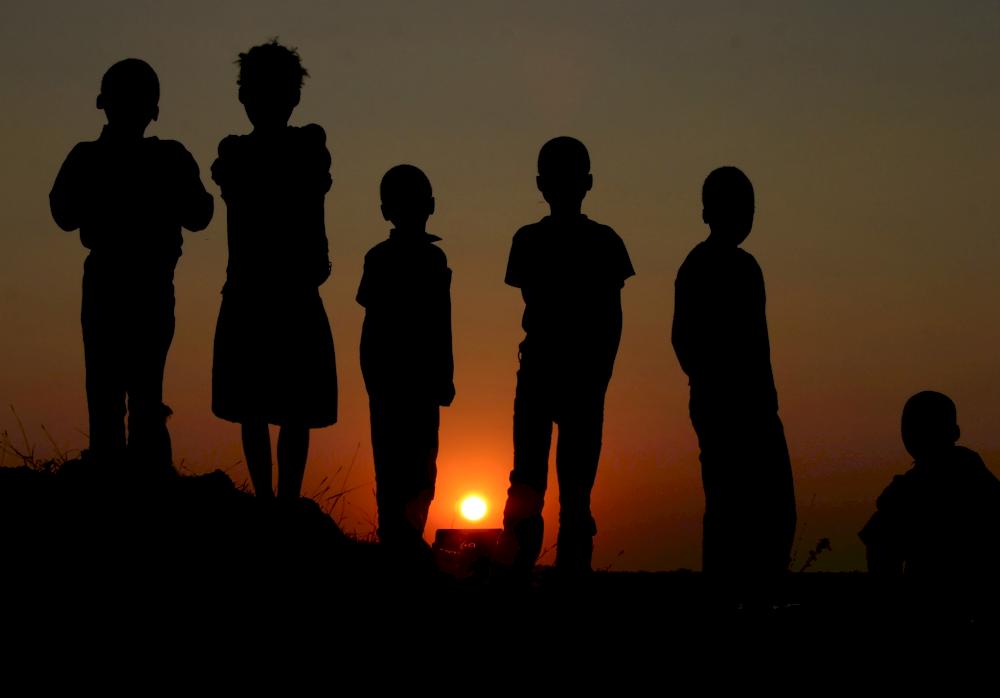
Independent Migrant Children
Various studies have shown that migration can impact on the lives of migrants including adolescent independent migrant children. This qualitative study seeks to understand the different experiences and perspectives of migrant children who migrated to South Africa with regards to how they negotiate with different discourses of femininity and masculinity within the discursive orders of childhood, sexuality, violence, poverty, and migration in an urban space.
In fragile and humanitarian settings, empirical research, which explores, the hegemonic and plurarity, of young femininities and masculinities has largely been neglected. Migrant children are often marginalised, pathologised/ ‘othered’ in the migration process. But by looking at them as active social actors, this study assumes that they negotiate their ‘children’s’, ‘male’, ‘female’ behaviour in relation to their values, norms and lived realities at ‘home’ and in South Africa. Of note, they also do so in a context where attitudes from the patriarchal society towards migrant girls and women are still very negative.
This study, which is being conducted in inner city Johannesburg, is anchored on the assumption that the vicissitudes of life as a young foreigner– xenophobia, violence, poverty, unemployment – make life very difficult, and might be leading, for example, to these actors re-looking and re-shaping their practices, values and norms related to manhood and womanhood and place of different children. Gendered understandings of the experiences of migrant children have tended to ignore the normalising and naturalising of the dominant masculinities and femininities and their consequences. Thus, it is important to explore understandings and experiences of migrant ‘manhood’ and ‘womanhood’ of child migrants as well as their consequences.
- WEBINAR: Child trafficking in South Africa – exploring the myths and realities - August 13, 2020
- THE MISSING: Zimbabwe – She’d Never Leave Her Son Behind - March 7, 2019
- Researching violence with children: experiences and lessons from the UK and South Africa - February 28, 2017
- Independent Migrant Children - December 5, 2016



0 Comments on "Independent Migrant Children"